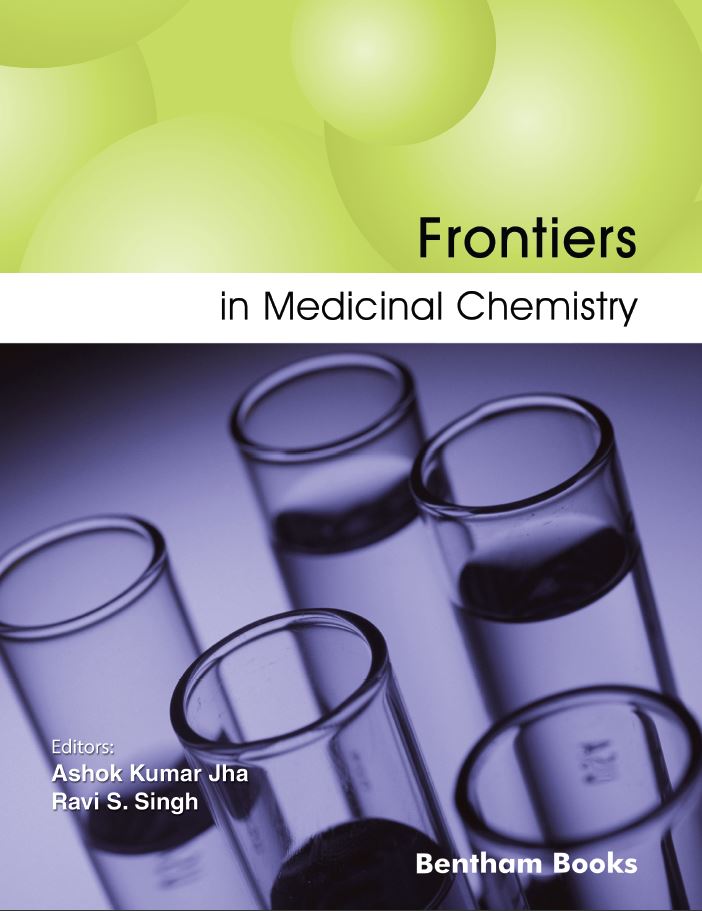Harnessing the Neurological Properties of Indian Brain Health Booster Brahmi

- Authors: Neerja Tiwari1, Manju Singh2, Namita Gupta3, Kishan Singh4, Kapil Dev5
-
View Affiliations Hide Affiliations1 Phytochemistry Division, CSIR Central Institute of Medicinal and Aromatic Plants, Lucknow-226015, India 2 Phytochemistry Division, CSIR-Central Institute of Medicinal and Aromatic Plants, Lucknow-226015, India 3 Phytochemistry Division, CSIR-Central Institute of Medicinal and Aromatic Plants, Lucknow-226015, India 4 Phytochemistry Division, CSIR-Central Institute of Medicinal and Aromatic Plants, Lucknow-226015, India 5 Phytochemistry Division, CSIR-Central Institute of Medicinal and Aromatic Plants, Lucknow-226015, India
- Source: Frontiers in Medicinal Chemistry: Volume 10 , pp 179-204
- Publication Date: October 2023
- Language: English
Brahmi (Bacopa monnieri Linn.) is a well-known therapeutic herb used in a broad spectrum of conventional medicines to alleviate various ailments, prominently those involving intellect, anxiety and mental health. In Ayurveda, it is classified as Medhya rasayanas (meaning intellect rejuvenator) and claimed to be a cognitive nutrient and memory enhancer. Although the plant possesses a plethora of compounds, its neurological activity is mainly attributed to its major phytochemical constituents, i.e., bacoside saponins. Majorly isolated compounds are dammarane triterpenoids glycone and aglycones. There are several reports published with neurological activities on Bacopa monnieri to validate traditional claims through scientific findings. Some therapeutic formulations containing standardized extracts of Bacopa monnieri have also been developed for the betterment of mental health. Besides, being neuroprotective, the plant is reported to possess anti-inflammatory, analgesic, and antipyretic properties and systemic disorders like cardiovascular, hepatic, gastrointestinal, myocardial ischemia, respiratory problems, opioid-related nephrotoxicity and hepatotoxicity. The present chapter described the phytochemical profiling, extraction and isolation, neurological properties, as well as toxicological and clinical studies of the plant. nbsp;
-
From This Site
/content/books/9789815165043.chap5dcterms_subject,pub_keyword-contentType:Journal -contentType:Figure -contentType:Table -contentType:SupplementaryData105

